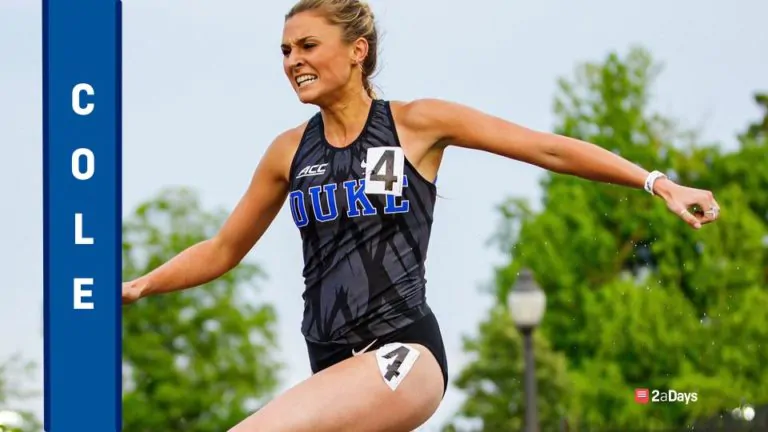Nutrition is key when it comes to reaching your full potential in your sport. Proper nutrition paired with quality sleep and focused training can lead to huge improvements in your athletic success. When it comes to nutrition, most athletes are either working on gaining muscle or losing weight. In this article, I will highlight seven keys that can be implemented no matter which goal you have in mind.
1. It is all about calories!
If you are working on gaining muscle, you must be in a caloric surplus. If you want to lose weight, you must be in a caloric deficit. It is truly as simple as that! However, it is much harder to put into practice. I tend to see people get too caught up in the type of food they are eating and all the micronutrients that are listed on the food label. Especially if you are trying to gain muscle, you need to be eating more. On the flip side, if you need to lose weight, limit your calories by limiting your portions. The focus should be on proteins for muscle maintenance and growth and carbs for energy.
2. Drink your calories!
This is a huge tip if you are looking to gain muscle. When I was going through my muscle-gaining process, I often found myself not wanting to consume the food that I knew I needed to consume. If you also find yourself in this boat, try to drink your calories. In other words, opt for meal replacement shakes, protein smoothies, juices, and whole milk to get all of your calories in. It is easier to consume liquid than it is to consume hard food. Because of this, try to drink high-calorie beverages such as the ones listed above.
3. Eat a snack before you go to bed in order to gain muscle
A before-bed snack is key in order to put on weight quickly and efficiently. During sleep, you aren't burning anywhere near as many calories as you would be throughout the day. Therefore, it is important to take advantage of this period by consuming something right before. Some great options include peanut butter and jelly sandwiches, peanuts, greek yogurt, and milk. Just make sure you get in that extra meal right before bed!
4. Track what you eat
MyFitnessPal or any sort of calorie tracker can give you valuable insight into the macronutrients and calories of the foods that you are consuming. If you don't know if you are in a calorie deficit or overload, start tracking the food you are eating. You might be surprised about the caloric density of certain foods.
5. Supplements are great but should not be the focus
A lot of younger athletes can get caught up in the supplement craze. Let me say this, supplements should NOT be the focus! Eating quality, high-calorie meals should be the focus of your diet. However, supplements can be a quality addition to your regular meals. You don't need to consume every single supplement either. Stay with the supplements that are the most trusted and backed by research. These include creatine, whey protein, and BCAA's. Be aware of the supplements you are taking and their ingredients due to restrictions from the NCAA.
6. To gain muscle, eat frequently!
It is important to eat constantly when trying to gain muscle. Too many athletes try to cram all their calories into one or two meals throughout the day. This will not allow you to gain muscle! Instead, try to eat a 600-700 calorie meal every 2 ½ – 3 hours. Get your day of eating started with a high-calorie, high-protein breakfast in the morning!
7. Weight training should be focused on strength gains
Optimize your weight training to increase your muscular gains by focusing on 2 heavy/strength lifts per session, 2-3 accessory exercises focused on hypertrophy, and utilizing progressive overload to ensure that you are constantly increasing the weight you are lifting, increasing the rep range, and/or improving your form.







